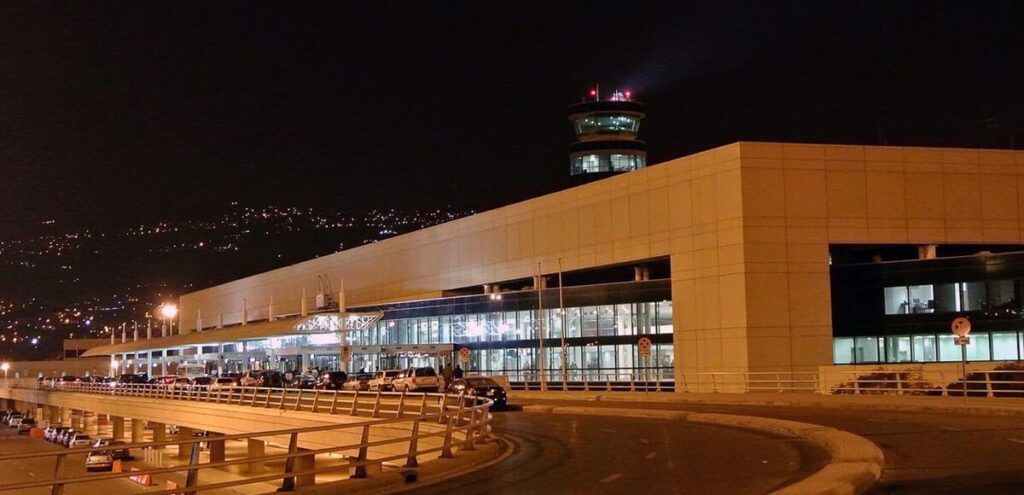Britain, Germany, France and the United States have urged their citizens to avoid or leave Lebanon due to rising tensions following rocket attacks in the Golan Heights and the possibility of Israeli attacks.
Britain, Germany, France and the United States have issued travel advisories for their nationals, urging them to leave Lebanon or avoid traveling to the country, amid heated diplomatic talks to thwart Israeli attacks on Beirut following deadly rocket attacks on the Golan Heights.
Additionally, in light of the situation in the region, the Cyprus Ministry of Foreign Affairs reminds Cypriots that travel guidelines remain in force for the following countries:
For Lebanon, an advisory was issued on 29 October 2023 to avoid all travel, and for Israel and Palestine (West Bank and Gaza Strip), an advisory was issued on 8 October 2023 to avoid all non-essential travel to Israel, to avoid all travel to the Gaza Strip, and to avoid all non-essential travel to the Nablus and Jenin areas of the West Bank, including East Jerusalem.
Israeli Prime Minister Benjamin Netanyahu said on Monday there would be a “harsh” retaliation for the attack that killed 12 children in the occupied and annexed Golan Heights, but behind the scenes efforts are continuing to prevent further escalation of the conflict between Israel and Lebanon’s Hezbollah.
“No one wants a broader war, and I am confident that that outcome can be avoided,” said John Kirby, coordinator of strategic communications for the National Security Council.
Notably, UK Foreign Secretary David Lammy recently issued strict travel instructions, urging British citizens to leave Lebanon and avoid travelling to the country. Lammy stressed the need for immediate mobilisation due to the volatile situation, warning that events in the region could escalate, causing serious disruption to trade routes. The Foreign Office has warned that reliance should not be placed on the Foreign, Commonwealth and Development Office’s (FCDO) ability to assist in an emergency.
Danny Shitrinovich, an analyst at the Israel Institute for National Security Studies, said the warning came in response to rising tensions in the region as Israel considers the possibility of striking targets deep inside Lebanese territory, including facilities in Beirut. Iran’s new president, Massoud Pezekian, who supports Hezbollah, warned Israel that any attack on Lebanon would be “a big mistake with grave consequences.”
The situation is especially tense as Lebanese Foreign Minister Abdullah Bou Habib said the diplomatic efforts were aimed at containing a possible Israeli reaction, but he warned that attacks were imminent, as he expected Israel to make a limited escalation and Hezbollah to respond accordingly.
UK travel advice also states that British nationals should be prepared to leave the country quickly or remain safely in their place of residence if the situation rapidly worsens. An economic crisis and power outages have made life even more difficult in Lebanon, with payments mainly made in US dollars, which are hard to obtain locally.
The situation in the Middle East remains extremely volatile and travellers are advised to exercise extreme caution and monitor the latest travel advisories.
Vicky is co-founder and Editor-in-Chief of TravelDailyNews Media Network and is responsible for the day to day operations and financial direction. Vicky holds a BA in Tourism Business Management from the Athens Technical University and a Masters in Business Administration (MBA) from the University of Wales.
She has many years of experience in the travel industry, both academically and industrially, and has written/edited numerous articles for various tourism magazines.

